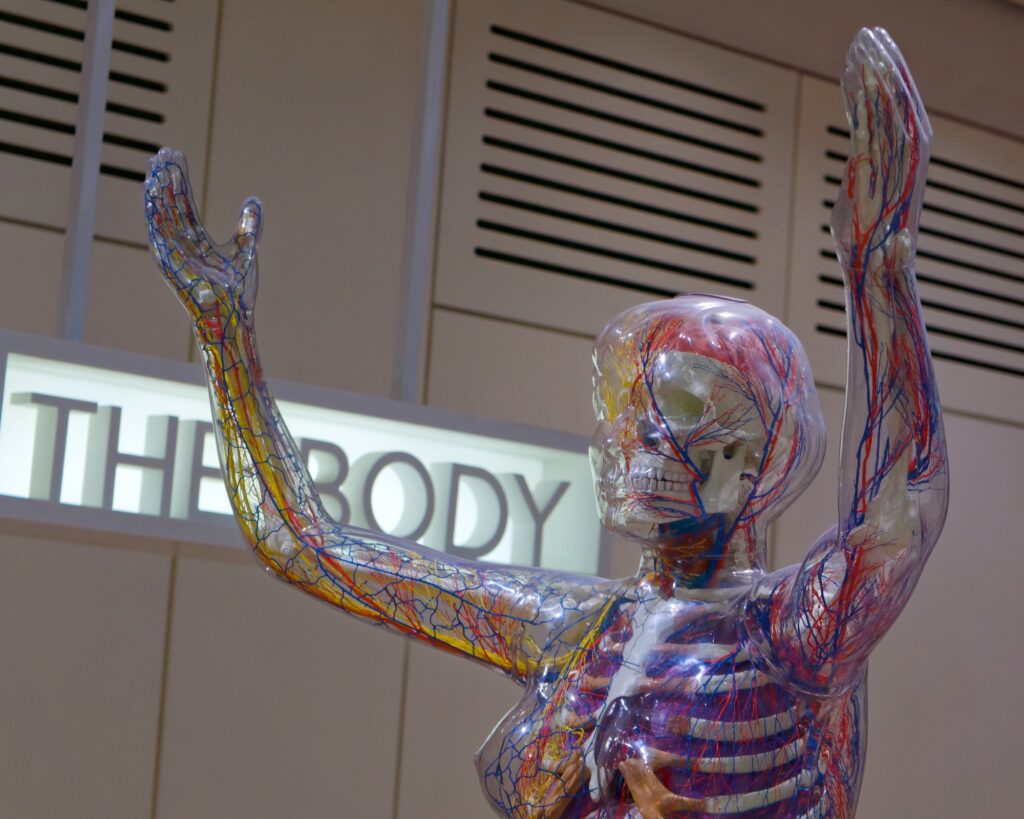Many people believe in the concept of duality. The most common definition of dualism psychology is that the mind and the brain are two separate entities. Where dualism is concerned the brain is the physical object only and the mind is viewed as something that stretches beyond anything physical. This is opposite to people who believe in oneness, which is paradoxically a duality belief.
The concept of duality was first given it’s classical formulation by the 17th-century French philospher and mathematician René Descartes. You may have heard his very famous saying I think, therefore I am or cogito, ergo sum in Latin.
3 Things That You Need To Know About Dualism
He developed a theory that the mind is in fact an immaterial, nonextended substance which engages in a series of various activities and drops into various states such as rational thought, imagining, feeling and willing. Where matter or extended substance conform to the laws of physics in mechanistic fashion.
Descartes believed that the human body as an exception, this is causally affected by the human mind which produces certain mental events. Take raising your arm for example, if you’re willing it to be raised, it will raise.
Whereas if you are being hit on the arm with a hammer this causes your mind to feel pain. This part of Descartes’ dualistic theory is known as interactionism which leads to the question of how this causal interaction is possible?
When we look into today’s society and our understanding how humans as a whole have changed since Descartes initial theory we can see that in both Merleau-Poty’s notion of the lived-body and Sprenger’s summary of characteristics of living organisims.
Related Read;
- Things That Can Impact Our Mental Health
- How To Use Reverse Psychology To Get What You Want In 4 Steps
- 7 Different Effects Of Reactivity Psychology
- 3 Reasons Why Neuroscience Psychology Is Important
Lived-body notion
The notion of lived-body maintains that the body is not an object but multiphasic, experiential beings of finite freedom. This is a nucleus of one’s consciousness, and a popular concept when exploring the Law of Attraction and manifestation.
Of course, these views challenge both the dualistic nature of human beings as well as the exclusive viability of positivism when obtaining that the pursuit of knowledge is not objective.
Dualism and health
Interestingly, if you take Rhona Byrne’s ‘The Secret’ and teachings of Bob Proctor, Neville Goddard and other great philosophical believers in dualism you will notice they frequently discuss the concept of health being something that can be positively influenced.
This was recognised by the World Health Organisation in 1947 when defined as a state of complete, physical, mental and social well-being.
Taking this idea and adding the context of this understanding of the nature of human beings in relation to health it poses the question as to how can medicine with a narrow focus on biological factors and control of disease then help humans achieve the multidimensional prevention, cure and promotion of well-being?
When diseases emerge that have psychological, social and environmental components it adds an additional challenge to biomedicine.
Consequently creating a paradigmatic error between contemporary medical professionals, what they have to offer and what people expect from them.
Focusing solely on the human body makes medicine as a field address disease with disregard for external reactions to disease such as personal, interpersonal and cultural reactions.
Part of this dissatisfaction is a lot to do with the disempowerment of patients and the dehumanisation of medical care. This is because the notion is that the body is a machine devoid of self (Kriel).
Dualism and modern society
Mind and body as a concept is greatly believed in many philosophical writings as well as in the field of medicine for multiple reasons. With medical knowledge of the last 300 years being built on biological models a lot of money, energy and dedication have been invested in this field.
This success has made medicine a very powerful (and lucrative) industry in terms of technological success.
If separating the mind from the body helps to alleviate disease (dis-ease) it leads to questioning therefore if pharmaceutical companies’ steaks in the current medical system model would their profits be affected?
There have been many examples in written work of ‘miracles’ occurring on a daily basis through the power of the mind, from people being told they would never walk again to mindset being cited as the ‘cure’ for many different ailments and conditions. It is also worth noting the effect of placebo drugs in clinical studies and the effectiveness of these.
Interestingly physicians are often unaware of the philosophical framework in which they operate, nor do they realise the power a dualistic model plays in their thinking and behaviour.
Therefore when the unity of mind and body presents a more realistic picture for the human functioning many physicians choose to stick to familiar thinking to match that of mentors and to align with patients who often feel sceptical in regards to nonbiological explanations for illness.
We would love to hear your thoughts on dualism in the comments section below. As always, if you have found this article of any value we would love for you to ‘Pin It’ on Pinterest and share with your friends and family across social media and beyond!






